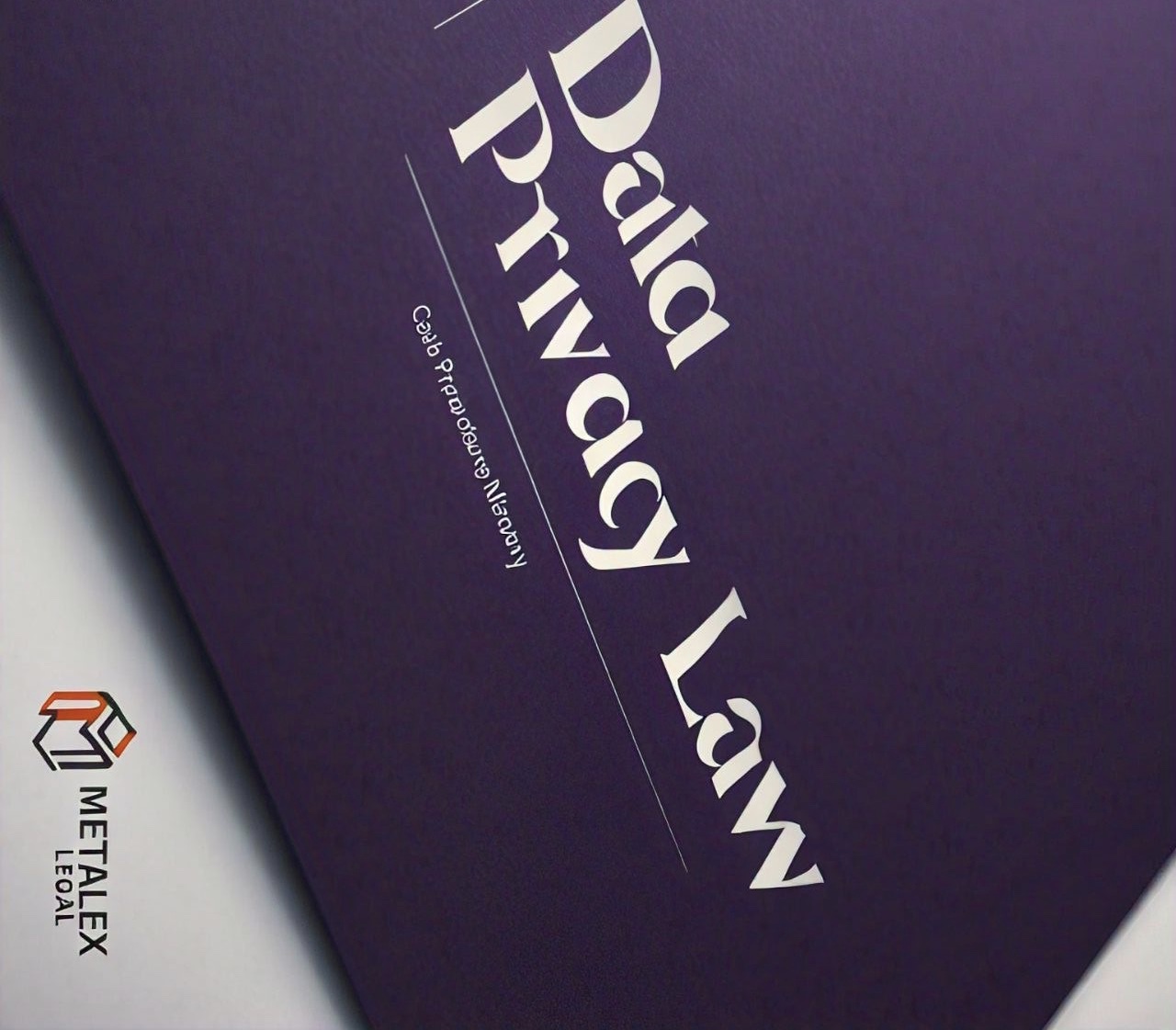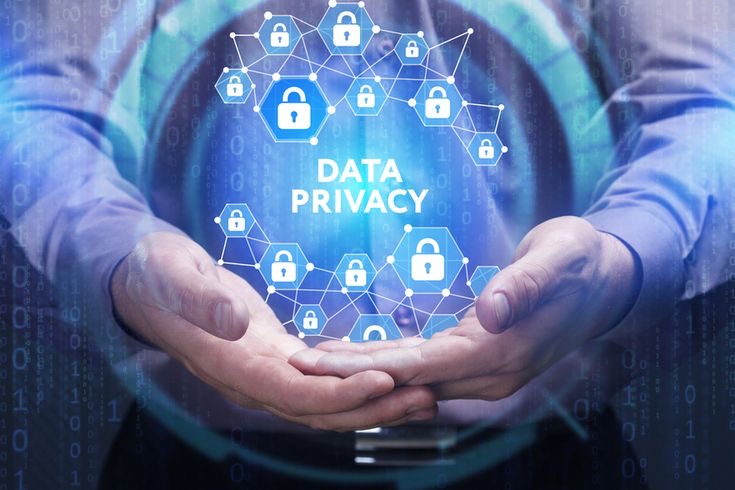
What Data Security Entails?
Data security entails protecting all information, including and exceeding personal data belonging to natural persons, corporations, or other legal entities from unauthorized access, manipulation, or theft.
It involves taking appropriate measures to stop unapproved access to data. It also takes necessary steps to protect information systems and other digital assets from human and technical errors, hackers, hacktivists, competitors etc.
Data Security for the Legal Profession
Data has become a driving force behind innovation and efficiency across various industries. The legal profession is no exception as law firms are leveraging data in diverse ways to enhance their operations, provide better legal service, and staying competitive.
Above all, legal professionals get to handle and store data belonging to natural persons and corporate bodies when dealing with prospective clients and clients. Dealing with data necessitates adequate data security measures.
Remote Workspace for Legal Professionals
The legal profession previously dominated by traditional law offices and courtroom practice, is now being revolutionized by remote workspaces. Lawyers now have the flexibility to work from anywhere; expanding the reach of legal service offerings, and fostering law across borders.
Adoption of tech in law practice, and the increased reliance on cloud-based solutions and collaboration tools necessitates effective security measures to prevent data breaches. Now, as a legal professional, you do not want your clients' vast array of data, including client details, case files, contracts, and confidential correspondence etc, to get stolen, manipulated or lost.
Who is Responsible for Adequate Data Security?
Clients have the responsibility to disclose all information to aid the efficient delivery of legal service by legal professionals.
For legal professionals, ensuring the security and confidentiality of clients' data is not only an ethical obligation but also a legal requirement. This means legal professionals can be liable for breach of this duty if they are negligent.
CIA TRIAD
The CIA Triad is a foundational framework or model for information security. It consists of three components: Confidentiality, Integrity and Availability. Knowledge and adoption of the CIA Triad, will help legal professionals assess and address security risks, design security systems and protect valuable data assets.
Confidentiality: Clients information should be kept private and only authorized individuals or entities can access or modify the data.
Integrity: Clients information should be kept in the correct and authentic state. No manipulations or alterations.
Availability: Clients information should be readily available to authorized persons when needed.
Common Security Threats: Hacking
Hacking involves the unauthorized attempts and acts by malicious cyber actors, often operating in the hidden corners of the internet, to infiltrate computer systems or information networks with the aim of gaining illicit access to data. For different motives, these dark cyber marauders employ different techniques and tools for the purpose of the breaking and entry.
It is important for both legal professionals and clients to recognize that using the internet and utilizing computer systems expose them to possible security breaches and hacking.
This vulnerability extends to various aspects, including the risk of website compromise, and other cyber threats.
Ransomware Attack
As the landscape of cybersecurity threats evolve, ransomware attacks have emerged as a particular menace, wreaking havoc across various industries. Legal professionals and their clients are not immune to this 'wahala'.
Ransomware attacks involve the malicious encryption of an organization's data by these dark cyber marauders or cyber kidnappers, who then demand a ransom in exchange for the decryption key. The objective is simple yet sinister: extortion.
Phishing Attack
As a legal professional, imagine getting an email or message from an email address looking exactly like that of one of your friends, clients or a colleague in the office; requesting for an information or data. After sending the information across, you later discover you have been deceived by a 'cyber chameleon'.
Phishing is a form of cyber attack that relies on deception. Cyber criminals impersonate trusted entities or individuals through email, text messages, or other forms of communication to trick recipients into divulging sensitive information or performing actions that compromise their security. Both legal professionals and their clients can be victims of this attack.
Malware Attack
Malware covers a broad category of harmful programs designed to infiltrate computer systems, steal data, disrupt operations, or otherwise compromise security. It includes virus, trojan, worms, spyware, ransomware, and more.
Legal professionals and their clients must be very vigilant and take proactive measures to protect themselves against malware attacks capable of compromising data, and disrupting business process.
It is important to point out that malware most times are embedded in applications and files, and they get to manifest only when legal professionals and clients loose their guard by giving it access to their information system or computers.
After looking at some online threats to the security of data, it is important that legal professionals and their clients do not overlook or underestimate the physical risks or threats that can compromise data security.
Other Attacks
Legal professionals still store data onsite, in physical repositories in their traditional offices. These data could be in files or even electronic storage devices. Regardless, natural disasters such as fire outbreak, flood, earthquake etc. can wreak havoc on physical infrastructures, leading to destruction of onsite storage repository. There can also be cases of burglary, or theft, leading to the loss of devices like computers and even files.
Precautionary Measures: Firewall
Legal professionals should endeavour to invest in strong cybersecurity infrastructures, and encryption protocols. This will go a long way in protecting their network and database from unauthorized access and hacking etc.
Strong Password
The use of strong and unique passwords is one of the simplest yet most effective safeguard against unauthorized access to data. Using weak passwords, or adopting generic and easily guessable combinations like birthdates, name of lover or concubine, school names, or common phrases can open the door to potential data breaches. A single compromised password can grant cybercriminals access to multiple accounts, putting not only personal information but also confidential legal documents at risk.
Complex Combination
A strong password should be complex, combining uppercase and lowercase letters, numbers, and special characters. Avoid using easily guessable patterns like "123456" or "password".
Remember it is safer and better to forget your password, and proceed to reset it, than using simple guessable patterns. Also, never write your passwords in a diary, book etc. You will never be condemned or lose too much if you forget a password, but you stand a great risk if such note containing your passwords gets to the wrong hands.
Unique Passwords
Imagine a scenario where a legal professional or client uses simple, easily guessable password across various accounts, including email, financial platforms, and a secure document repository. A hacker successfully guesses this password, gaining access to the email account. From there, the hacker exploits the uniformed password to access documents, infiltrate other accounts, possibly compromising confidential client information, financial records and sensitive data.
Never reuse passwords across multiple accounts. Each account should have its distinct strong password, to prevent a breach from spreading.
Two-Factor Authentication
Ensure to enable 2FA wherever possible, as it adds an extra layer of security. Even if a password is compromised, 2FA can prevent unauthorized access.
Regular Backups
Imagine a law firm with a substantial caseload and years of case history stored digitally. Without regular backups, a ransomware attack encrypts all their data, demanding a significant payment for decryption. With no backups in place, they face the chances of losing critical case records.
Regular backups are the safety net that legal professionals and their clients should have in place. They offer protection against a range of threats, from cyber attacks to natural disasters. By following best practices and making backup an integral part of your data management strategy, you can ensure that your data remains secure and accessible
Antivirus and Regular System Update
A law firm decided to forgo antivirus protection and neglects system update. One day, an employee mistakenly opens a malicious email attachment, introducing ransomware to the firm's network. With no antivirus installed, the ransomware spreads unchecked, encrypting important case files and clients data.
Antivirus installation and regular system updates are cornerstones of digital security in the legal profession. They guard against multitude of threats, from malware to vulnerabilities that cyber criminals exploit.
Security Training
Cybercrime is evolving and cybercriminals are constantly devising new tricks and methods to carry on their malicious attacks. People vulnerable to these attacks must continuously take proactive steps by learning new ways to protect themselves.
Imagine a law firm that invests in regular training for its staff. When a sophisticated phishing attempt targets the firm's employees, they immediately recognize the signs and report it. The firm's IT team will then promptly take actions to mitigate the threat, preventing a potential breach. An investment in security training not only safeguards sensitive client data but also preserves the firm's reputation and legal standing.




